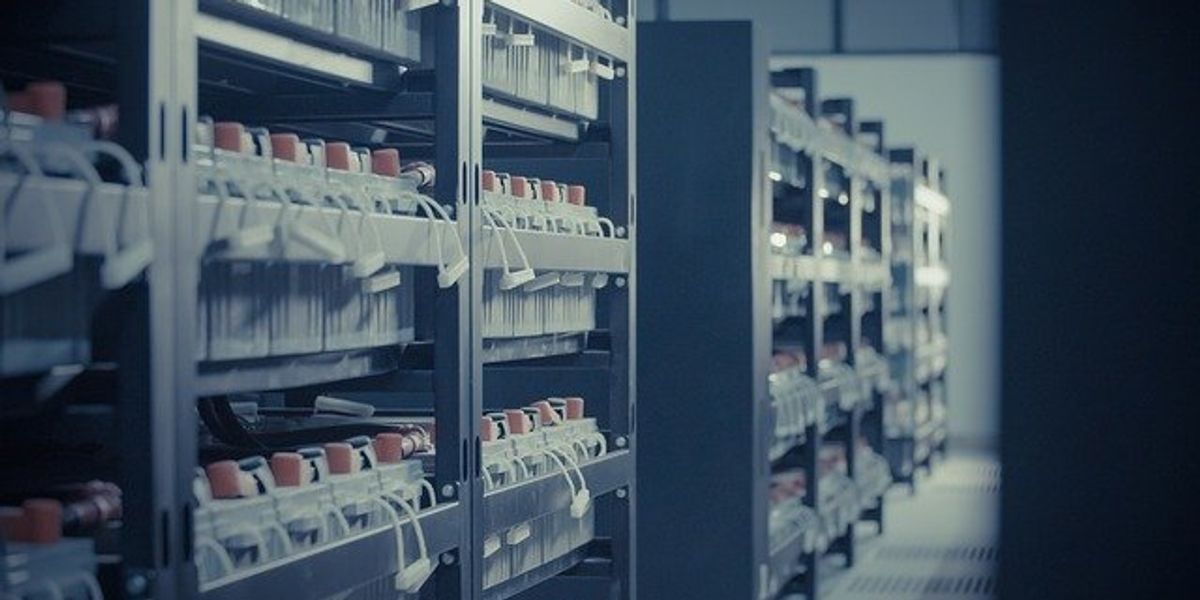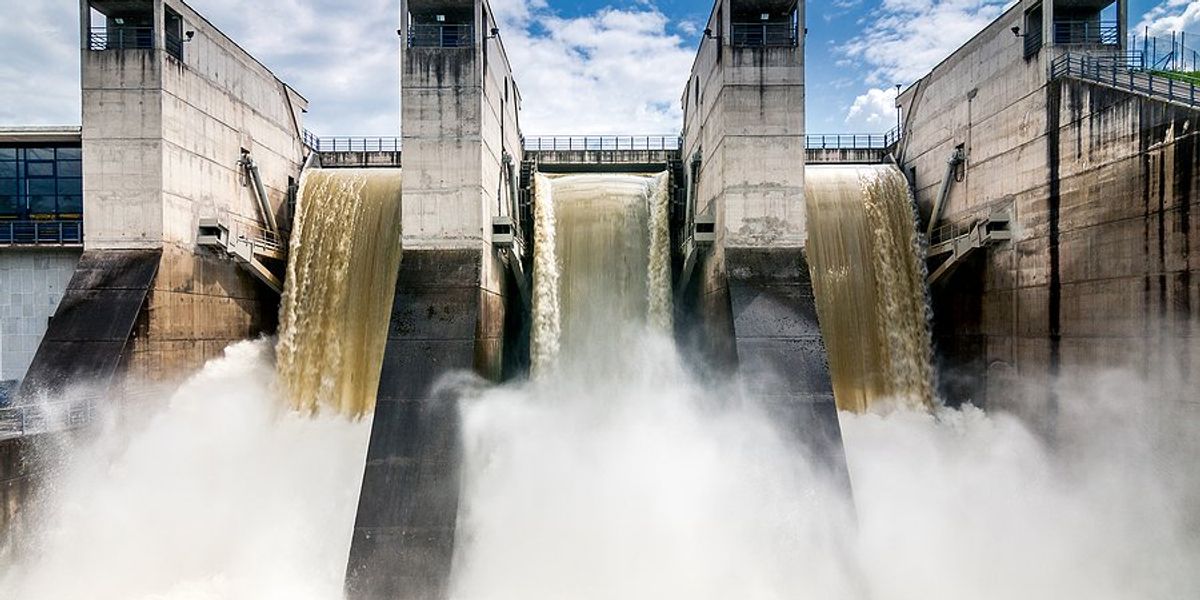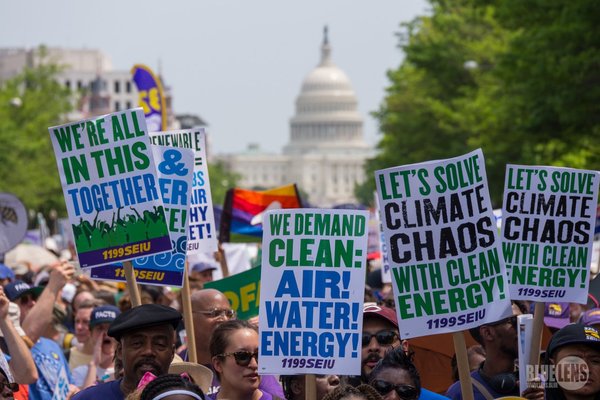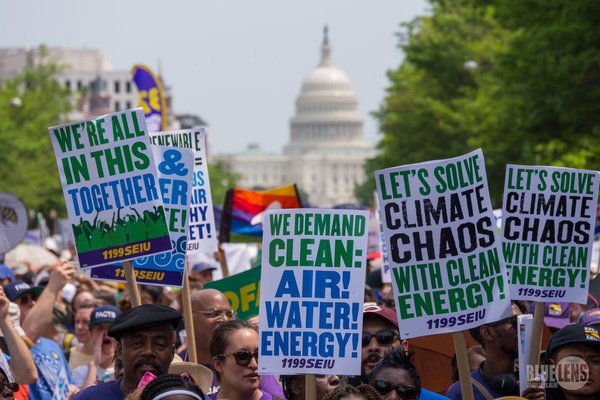
New Hampshire waste reduction law aims to limit food waste emissions
New Hampshire will implement a new law in February 2025 prohibiting large food waste producers from sending excess food to landfills or incineration, in an effort to cut greenhouse gas emissions and preserve landfill space.
Claire Sullivan reports for New Hampshire Bulletin.
In short:
- New Hampshire's new law will ban entities generating one ton or more of food waste weekly from landfills or incineration starting February 2025.
- The Department of Environmental Services will focus on outreach and education, identifying impacted sectors and providing technical support to meet the law's goals.
- Other states' food waste bans have had mixed success, but New Hampshire hopes to replicate Massachusetts’ achievements through gradual enforcement.
Key quote:
“We’re trying to address climate change and reduce the amount of methane going into the atmosphere, and save landfill space, and really just save all the resources that go into creating the food."
— Jenny Mitchell, food waste diversion specialist, Department of Environmental Services.
Why this matters:
Food waste produces methane, a potent greenhouse gas. By reducing food waste in landfills, the state can reduce emissions and make progress toward environmental goals.
Related: Biden administration launches initiative to reduce food waste














